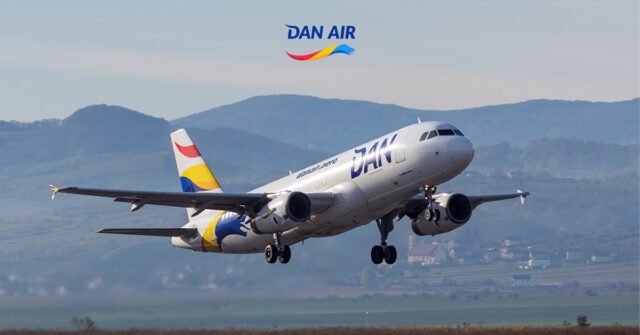Spirit Airlines adds new flight scheduling technology for summer season
Spirit Airlines is investing in its guests with Amadeus SkySYM technology to help optimise its flight schedule and maximise reliability for the upcoming travel seasons.
The next-generation solution takes in…

Spirit Airlines is investing in its guests with Amadeus SkySYM technology to help optimise its flight schedule and maximise reliability for the upcoming travel seasons.
The next-generation solution takes in a wide range of operational data and creates a side-by-side, virtual representation that highlights pinch points in the operation that the Network Planning Team analyzes as they create efficient airline schedules.
Spirit continues to grow fast and add brand new aircraft and launch more destinations, and as airlines grow, so do their flight schedules. These schedules at the core of the airline are the result of a complex system designed and managed by the Network Planning team who analyzes a multitude of operational, staffing, environmental and other factors.
Spirit Airlines
“Large commercial airlines like Spirit operate 24/7, 365 days a year, and working through disruptions is part of life in our industry, whether it’s from weather impacts, Air Traffic Control-related constraints, and other various events that can arise in the airspace or at airports,” said John Kirby, Vice President of Network Planning.
“SkySYM helps us proactively identify potential operational pinch points and minimize the impact through enhanced schedule design. Our team does a phenomenal job planning our network and investing in new tools will help us to continue providing a great travel experience for our guests.”
Small changes in a large-scale operation can make a significant difference for our Guests and Team Members, especially during peak periods like the busy summer travel season. Here are general examples of how Spirit is using this solution to aid schedule development:
Analyzing historical performance data about our flights and suggests improvements for future schedules. Some examples include pinpointing trends, identifying cascading effects on flights, and recommendations on adjustments to turn time or block time.
Looking at forecasted enplanement data, such as load factors and connections, and incorporates that into future schedule recommendations. An example is changes to connection times or changes to ground time depending on load factors and the popularity of the route.
Successful airline schedule
“There are hundreds of variables that make up a successful airline schedule, and optimising this complex puzzle requires the very latest data science capabilities,” said Renzo Vaccari, Senior Vice President, Sky Suite, Amadeus.
“By applying AI for schedule simulations, Spirit gains a deeper understanding of where delays are likely to occur so it can take preventative measures, like reallocating buffer time from one part of its schedule to another.”
Subscribe to the FINN weekly newsletter
















